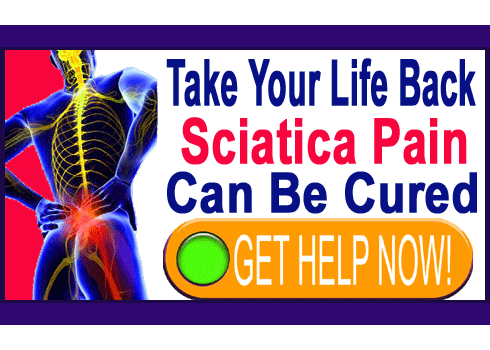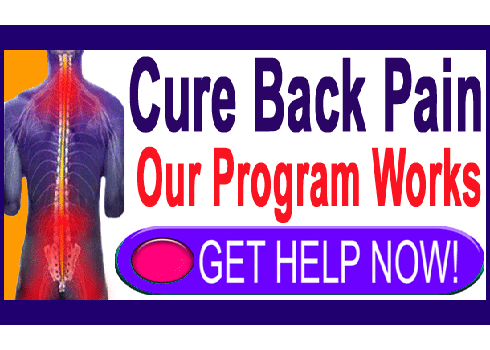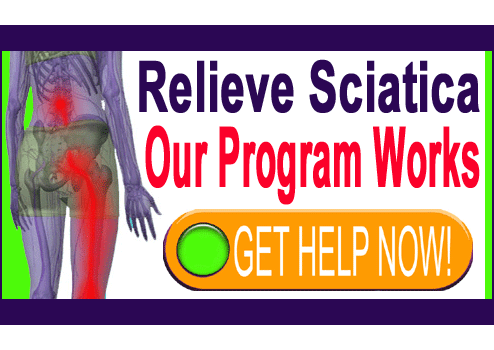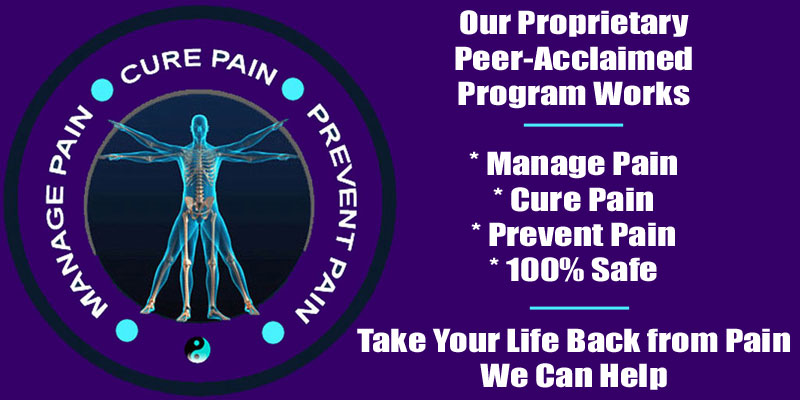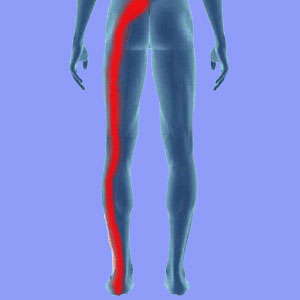
Coping with sciatica is an unfortunate state of affairs for any patient to endure. While most patients would rather cure their pain, some find this seemingly simple wish to be quite impossible. Instead, these patients slowly acquiesce to the idea of living in pain and learn to cope with chronic symptoms which really diminish their quality of life.
I never endorse coping, but still understand that in some instances, it is the only choice available. To this end, this article provides some helpful hints at utilizing effective coping strategies to help minimize the consequences of chronic sciatic nerve pain.
Coping with Sciatica Practices
Learning to cope with chronic pain means different things to different people. However, regardless of how a person deals with their pain, there is simply no denying the huge impact that chronic sciatica has on their life.
The most common method of dealing with severe and unrelenting pain is with the help of powerful pain management drugs. Pharmaceutical symptomatic treatment is the most widely used and abused therapy selection for chronic pain in any bodily locale.
Some patients cope using alternative pain relieving methods, such as chiropractic, acupuncture or TENS therapy. These are often better choices, since they do not demonstrate the same health risks as sciatica drugs.
Many patients have to drastically alter the way they live and might have to change jobs or even give up working completely because they are just not able to suffer through each long hard day with their debilitating pain.
The worst affected patients simply cope by staying in bed most of the time. This approach demonstrates a complete surrender to sciatica.
Coping Strategies for Sciatic Nerve Pain
It is never wise to simply accept pain in one’s life. The usual reason for ongoing pain which defies all attempts at therapy is misdiagnosis of the actual cause of symptoms. This is especially true for a treatment resistant condition such as sciatica, since the symptoms are often blamed on a mistakenly identified spinal scapegoat condition. Sciatica can usually be completely cured, if the actual source of pain is correctly identified.
Learning the facts about sciatica will greatly help patients to understand and resolve their pain. It is important to break-through the long standing mythology which veils the true facts about sciatic nerve pain. Once you can get a complete picture of why your pain exists and why it is so stubborn against treatment, the cure may just be one easy step away using indicated treatment.
Coping with Sciatica Journey
My advice on this topic is super simple: Stop coping and start healing.
Trust me, I know it is hard to break the cycle of long standing pain. I endured constant suffering for decades already. Each day, every day, I am in pain and used to be very afraid for my future.
After a long time, the pain becomes another part of life and it seems to be around 24/7. I know how terrible this feels and I completely recall all the coping strategies I had to use in order to just make it through the day. However, there is a better solution and you might have the power to cure your own pain. You must understand your diagnosis and question everything you have been told. Up to 90% of all patients with any form of chronic back pain have been misdiagnosed and are seeking relief for a condition which is completely innocent and coincidental to their symptoms.
You must try to take control of your own destiny and leave your coping methods behind. The future is bright and pain-free for those who can get to the bottom of their sciatica and discover its true origin, regardless of whether this cause exists in the spine, the rest of the body or the mind.
All this is great, but I still know that many of you can not find a cure or even achieve an accurate diagnosis. So, for these, I will wrap up the article with some personal recommendations for coping strategies which might be worth considering:
Pain is likely to be present regardless of activity. Therefore, find things you like to do and hope that these distractions might take your mind off the pain, at least for a while.
When considering coping mechanisms, try to stick to natural and constructive methods, such as meditation, conversation, exercise and non-harmful pain management techniques. Do everything possible to avoid risky coping assists, such as pharmaceutical treatment. These can put you in more peril than you may be able to handle.

